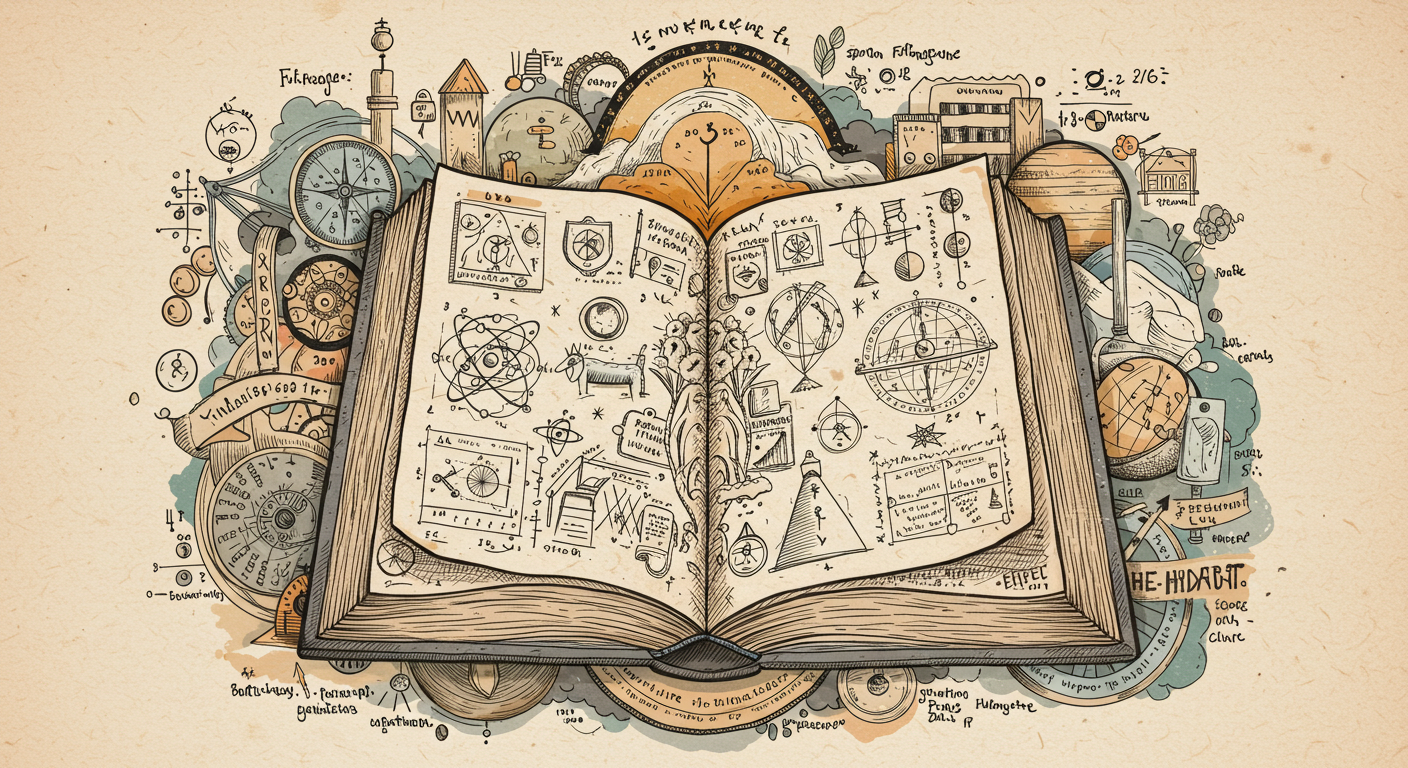The term ‘hormonal’ is often used in casual conversations, but its meaning can sometimes be misunderstood or misused. In the context of the sentence ‘I’m hormonal, emotional, and tired’ from a new mum, the word ‘hormonal’ refers to the physiological and emotional changes caused by fluctuations in hormones. This is particularly common during postpartum periods, menstruation, or other stages in life that affect hormone levels.
The Role of Hormones in Emotions
Hormones play a crucial role in regulating emotions and mood. When someone says they are feeling ‘hormonal,’ they are often referring to how their body’s hormonal changes are affecting their emotional state. In the case of a new mum, for example, hormonal changes after childbirth can result in heightened emotions, such as irritability, mood swings, or a feeling of being overwhelmed.
These emotional changes are completely normal and can vary from person to person. However, understanding that they are linked to hormonal fluctuations helps to acknowledge the cause and approach the situation with empathy.
Why ‘Hormonal’ is Used to Describe Emotional Changes
The reason ‘hormonal’ is often used to describe emotional changes is because hormones significantly impact the brain’s mood-regulating centers. During certain life stages, such as pregnancy or post-childbirth, hormone levels fluctuate dramatically, leading to feelings of exhaustion, mood swings, or emotional reactions that might seem disproportionate at times.
In everyday language, ‘hormonal’ is often used to explain sudden changes in mood or behavior, though it is sometimes used with a slight implication of exaggeration. It’s a way to describe a natural biological process that affects a person’s emotional state.
Other Examples of Hormonal Influences on Emotions
In addition to postpartum hormonal changes, women may experience hormonal fluctuations during their menstrual cycle, menopause, or as a result of hormonal treatments. In these cases, women may describe themselves as ‘hormonal’ when they feel unusually emotional or irritable. Similarly, men may also experience emotional changes due to hormone shifts, although it’s less commonly discussed.
Understanding that these emotional states are influenced by biology helps normalize the experience and reduce stigma. It’s important to remember that emotions linked to hormonal changes are not signs of weakness or lack of control; they are natural physiological responses.
Conclusion: Embracing the Natural Effects of Hormonal Changes
When someone says they are feeling ‘hormonal,’ it’s a way of acknowledging that their emotional state is being influenced by natural changes in their body’s hormone levels. Whether it’s during pregnancy, postpartum recovery, or any other time when hormones fluctuate, these feelings are normal and should be approached with understanding. Recognizing the influence of hormones on emotions helps create a more empathetic and supportive environment, especially for those going through life stages that involve significant hormonal changes.



コメント